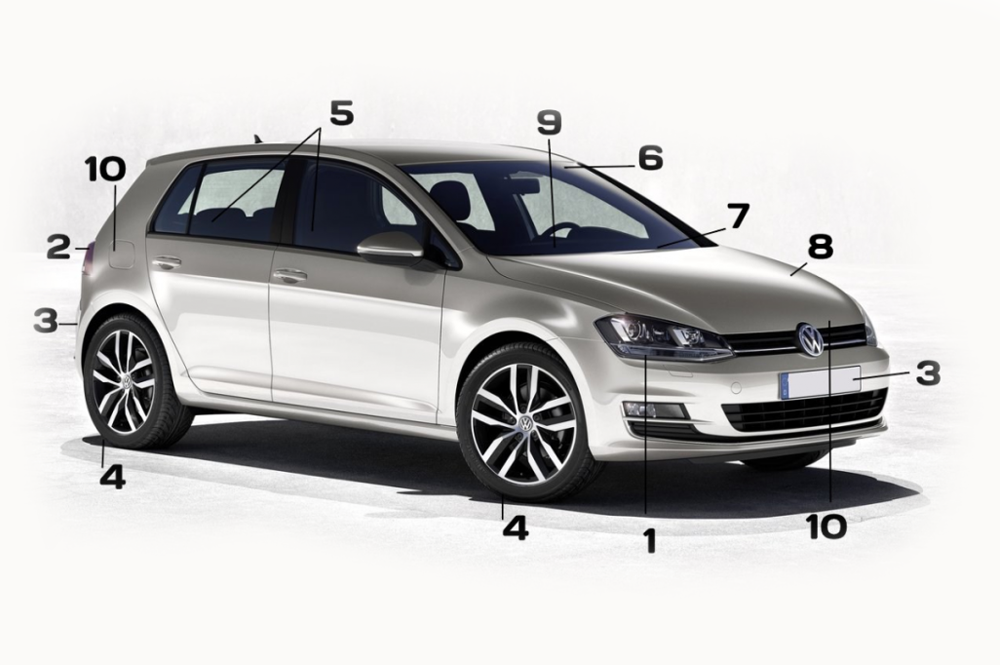UK Road tax factsheet


Road tax is imposed on vehicles registered in the United Kingdom, and hydrocarbon oil responsibility (often known as gas tax) is imposed on gasoline consumed by motor vehicles. In 2009, the VED and fuel tax raised approximately GB£32 billion, with the cost delivered tax on petrol sales raising a similar £4 billion.
Although most international locations do not formally understand UK street tax, it is quite unlikely that an untaxed UK automobile will be driven to remote regions for a short period of time, such as on vacation.
The Roads Act of 1920 mandated local governments to register all new automobiles and assign a unique number to each vehicle, as well as make provisions for the series and software of excise duties. The measure also established the Road Fund. It was once meant as a monetary value that had to be assessed regardless of the type of fuel used to upgrade a vehicle. The Minister of Transportation used to be in charge of collecting and spending the money, but in recent years, the Treasury has taken over that responsibility.
Up-to-date information on the road tax from 1937.
Since 1937, the funding of roads and infrastructure has been directly linked to general revenue.
“Road users must pay the expenses that he imposes on others,” according to the 1962 report, which included street expenses (building, maintenance, lighting), congestion (the amount to which the motorist causes others), and social fees (risk, noise, fumes).
Motoring enterprises petitioned the Chancellor of the Exchequer in March of the same year to curb the “disturbingly excessive value of motoring” by slashing motoring taxation in the next budget. When tax revenue hit £1 billion in 1966, the Royal Automobile Club called for an end to the “crippling spiral of automobile taxation,” claiming that only about a third of the money was spent on street improvements.
Following significant and politically divisive public protests in the UK in the early 1990s, the Conservative government implemented the Fuel Price Escalator, a computerized gas tax that will rise above inflation to minimize air pollution from street transportation and the need for new avenue construction. The policy was kept by the new Labour government in 1997, however, it was later repealed following the gas demonstrations of 2000.
Since 2002, policymakers have been able to use the profits tax system to incentivize the purchase of low-emission company cars.
As an incentive to buy motors with lower pollution ratings, a graduated car excise obligation scheme was implemented in March 2005, with tax bands mostly dependent on CO2 ratings.
In 2012, the government said that it was considering adopting HGV street person charging to ensure that international transporters contribute their fair amount to the upkeep of British roads.
The country’s economy and motorists’ behavior have traditionally been less sensitive to petrol prices at the pump, with experts now predicting a charge elasticity of approximately 0.24. (thus an economist would assume that a doubling of the gasoline fee would cease a quarter of journeys).
DVLA’s view vehicle record, which allows an organization to view their fleet of vehicles, no longer displays the record fee but instead includes a challenge that shows when the higher VED cost is due.
The CO2 parent is distributed to the car before first registration (in grams per km) and is measured as the Type Approval Test area. The CO2 emission estimates remain constant throughout the car’s life to make things easier for VED purposes.
The standard rate (second 12 months onwards) for automobiles registered on or after 1 April 2017 will be £155 a year for something different from zero-emissions vehicles.
Zero emissions vehicles, like utterly electric-powered motors and hydrogen gasoline cells vehicles, will stay exempt from paying VED. This may also exchange in future years, as income of new petrol and diesel automobiles will be discontinued from 2030.
There are presently two price schedules in effect, relying on whether or not the vehicle used to be first registered earlier than or after 1 April 2017.
Owners of motors that qualify for free VED are being caught out by way of no longer making use of renewing their road tax, even though they don’t have to pay the fee.
Many low-emissions cars that had been first registered in the past than 1 April 2017 and emit up to 100g/km of CO2 qualify for free VED. However, their vendors will get an annual renewal reminder and have to exercise for avenue tax, even though there is nothing to pay. Anyone ignoring the renewal notice runs the risk of a fine of up to £1000. Research from 2019 showed that extra than 71,000 human beings failed to tax their zero-rated automobiles over the preceding three years, with greater than £1.1 million of fines being issued as a result.
The DVLA requires every vehicle to be either taxed (even if it’s free) or declared off the road by submitting a Statutory Road Notification (SORN) every year. It claims this ensures an up-to-date file of automobile possession in the UK and whether or not these automobiles are being used on the road.
Cars first registered between 1 March 2001 and 31 March 2017 and producing 100g/km of CO2 or much less qualify for free VED. As for vehicles registered after 1 April 2017, solely zero-emissions electric-powered cars are eligible for free VED; the entirety else is charged by their CO2 emissions.
Many of the motors rated at 100g/km or reduce are diesel, however, completely Euro 6-compliant fashions (in exclusive words, these first registered after September 2016) are exempt from inner-city low-emissions region charges.
According to forecasts from the Office for Budget Responsibility, the government’s push to promote environmentally friendly automobiles with a lower carbon footprint should result in a massive loss of revenue from motoring taxes, estimated at GB£13 billion by 2029 at current prices, according to the Institute for Fiscal Studies (IFS) study funded by the RAC Foundation. This drop in income is due in part to increased automotive efficiency and the rise of plug-in electric vehicles. A comparable increase in the obligation on petrol and diesel, or the introduction of new taxes on alternative energy sources such as electrical energy for cars, had been considered among the options available to the authorities to offset the loss. However, due to a lack of understanding of the former and the dangers of impeding the entire green automobile strategy, the IFS study recommended that a nationwide system of street pricing be implemented to charge drivers by the mile driven, with higher pricing in congested areas at peak times, while lowering current motoring taxes. Drivers in the geographic region will likely pay less under this strategy, as rural motorists are already overtaxed by the research. The road tax system has to be streamlined and made more equitable for everyone. It’s now a puzzling and opaque jumble of several different methodologies and pieces of legislation thrown together.

